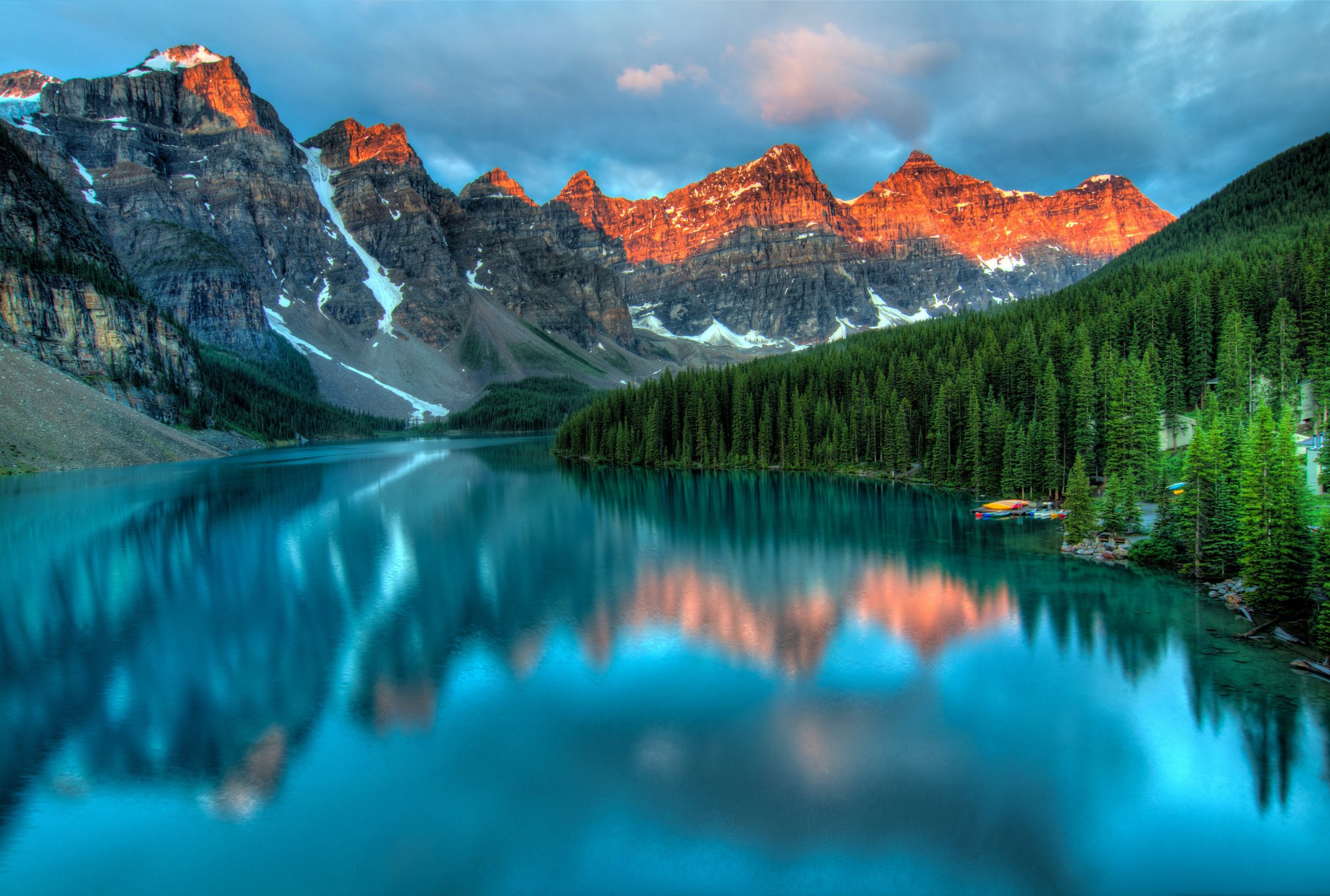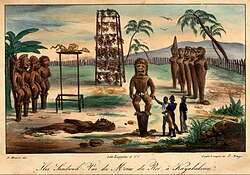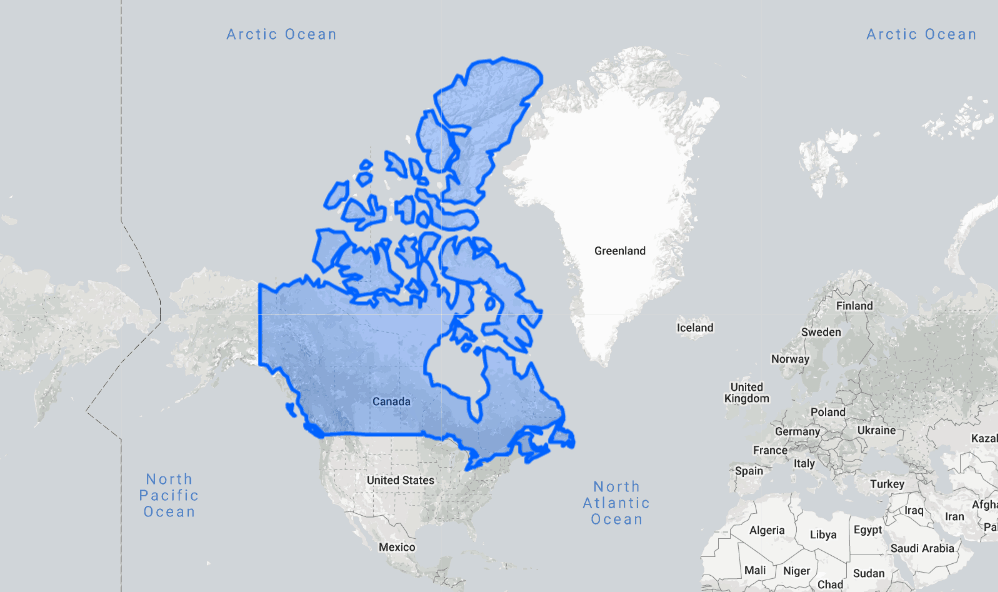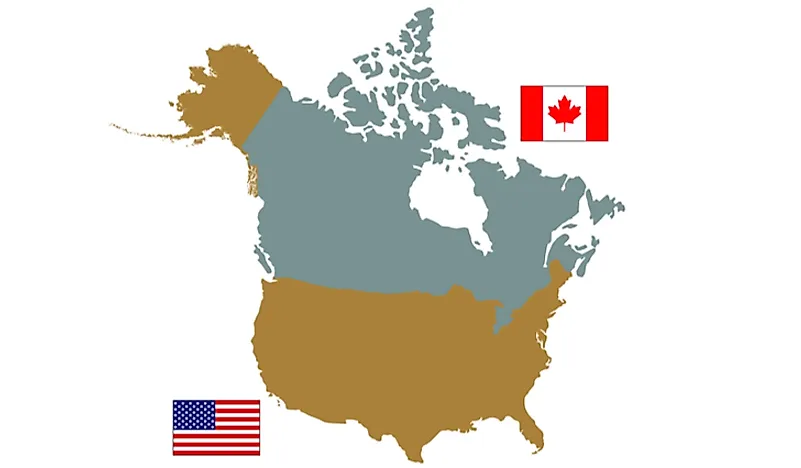Who were the biggest colonizers?

Colonialism has been a dark chapter in human history, with numerous countries around the world being subject to colonization by European powers. But who were the biggest colonizers?
By far, the most successful and widespread colonizers were the British. Their empire at its height included nearly a quarter of the world's land and people, all under the control of the British Crown. With the help of British colonial governments, they were able to establish colonies on every continent except Antarctica.
The Spanish were also major colonizers, particularly in the Americas. They conquered vast territories in what is now Latin America, establishing colonies in present-day Mexico, Peru, and other countries. The Spanish were known for their ruthless tactics in conquering indigenous peoples and extracting resources from their colonies.
Another significant colonizer was France, with a large empire in Africa, Asia, and the Americas. The French established colonies in regions such as Algeria, Vietnam, and Canada, leaving a lasting impact on the cultures and societies of these areas.
Portugal was also a major player in the age of colonization, with a significant empire that included territories in Africa, Asia, and the Americas. The Portuguese were known for their exploration of new lands and sea routes, leading to the establishment of colonies in places like Brazil and India.
Other countries that were prominent colonizers include the Netherlands, Belgium, and Germany. These European powers also established colonies in various parts of the world, each leaving their mark on the regions they controlled.
Overall, the legacy of colonialism is a complex and painful one, with lasting effects on the cultures, economies, and societies of the colonized countries. While some may argue that colonization brought progress and development to these regions, it cannot be denied that it also led to exploitation, oppression, and the destruction of indigenous cultures. As we continue to grapple with the aftermath of colonialism, it is important to reflect on the impact of this period in history and strive for a more just and equitable future for all peoples.




